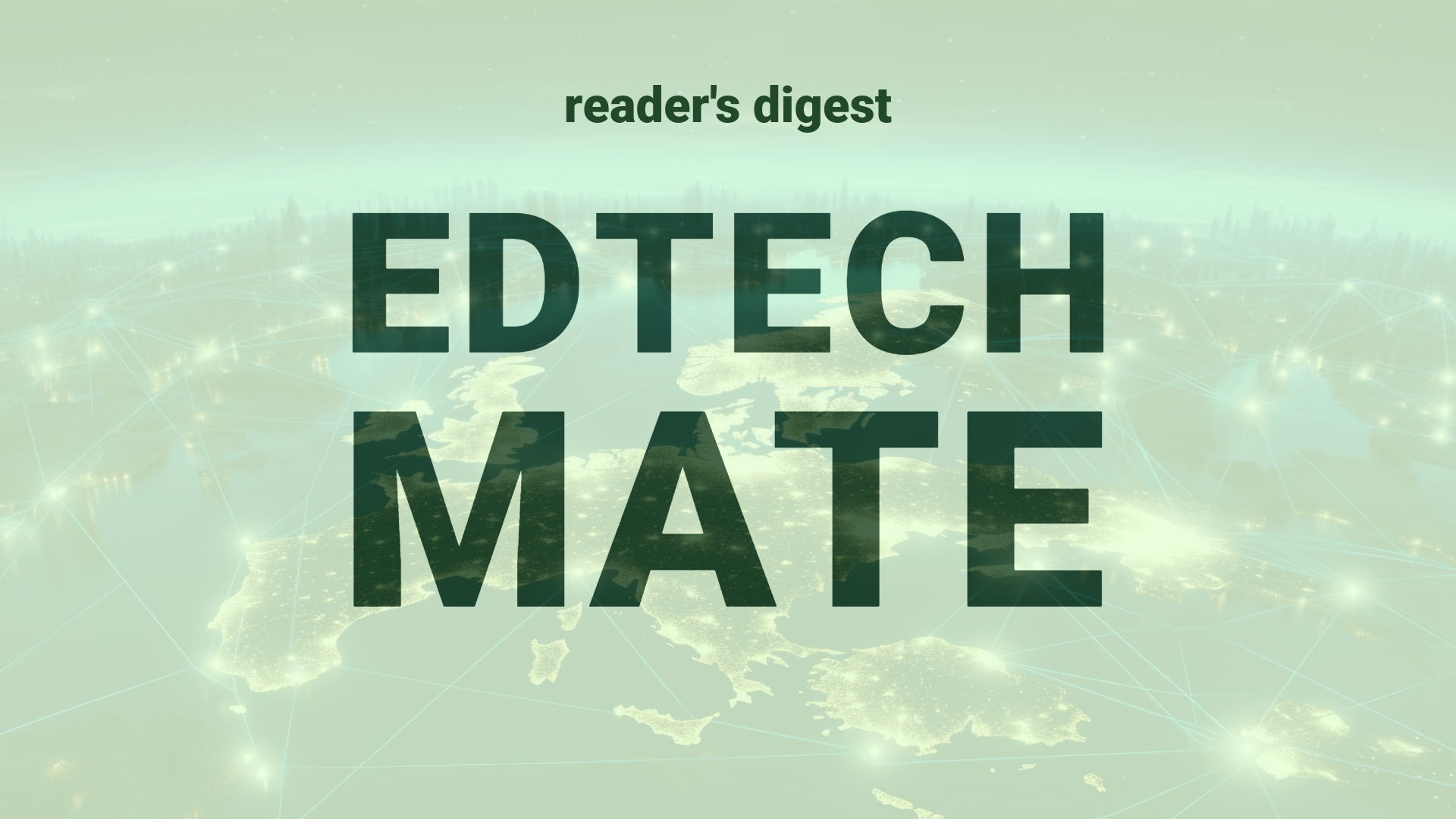“`html
Executive Summary and Main Points
The recent announcement regarding Elon Musk’s withdrawal of his lawsuit against OpenAI, a leading artificial intelligence research company co-founded by Sam Altman and Greg Brockman, signifies a pivotal development within the intersection of technology and academia. The case, which revolved around breach of contract and fiduciary duty, underscores the complexity of intellectual property and legal frameworks in relation to AI innovations. With OpenAI at the helm of cutting-edge AI advancements, these proceedings highlight critical aspects of ownership, partnership, and ethical considerations in the technology-transfer within the education sector.
Potential Impact in the Education Sector
The dissolution of legal tensions between Musk and OpenAI presents potential for renewed focus on collaborative efforts and strategic alliances aimed at integrating AI technologies into Further Education and Higher Education landscapes. It could catalyze the development of AI-driven platforms for personalized learning, usher in advanced methods for research analysis, and foster the creation of interactive, AI-mediated micro-credentials that are responsive to evolving labor market needs. Such collaborations may result in significant strides toward digitalization, heralding new modes of content delivery and institutional operation.
Potential Applicability in the Education Sector
OpenAI’s research and developments in AI could be leveraged to enhance global education systems through personalized learning algorithms, intelligent tutoring systems, and virtual reality environments. These applications could transform classroom and online education, offering more adaptive learning experiences that cater to individual students’ needs. Additionally, AI-powered analytics could provide educators and policymakers with insights to improve pedagogical strategies and optimize curriculum development, accommodating a diverse array of cultural and learning contexts.
Criticism and Potential Shortfalls
While the integration of AI presents remarkable opportunities for innovation in education, it is not without criticism and potential drawbacks. In particular, issues of data privacy, algorithmic bias, and equitable access to technology may arise. It’s crucial for real-world applications to address these concerns, as seen in comparative case studies from international educational institutions where varying degrees of AI adoption have led to different outcomes. Ethical considerations, including the potential loss of human touch in education and cultural sensitivities, must be carefully evaluated as part of the adoption process.
Actionable Recommendations
International education leaders should approach the integration of OpenAI’s advancements with strategic planning and collaborative frameworks that include robust ethical guidelines. Establishing partnerships with AI entities like OpenAI could provide access to resources and expertise necessary for digital transformations. Initiatives such as piloting AI tools in select courses, incorporating AI literacy into the curriculum, and engaging in cross-sector research can facilitate thoughtful adoption while fostering innovation. Additionally, investing in infrastructure to support AI and ensuring inclusivity in technology access are vital steps for educational institutions preparing to navigate the future landscape of digitized higher education.
“`
Source article: https://www.cnbc.com/2024/06/11/elon-musk-drops-suit-against-openai-and-sam-altman.html

